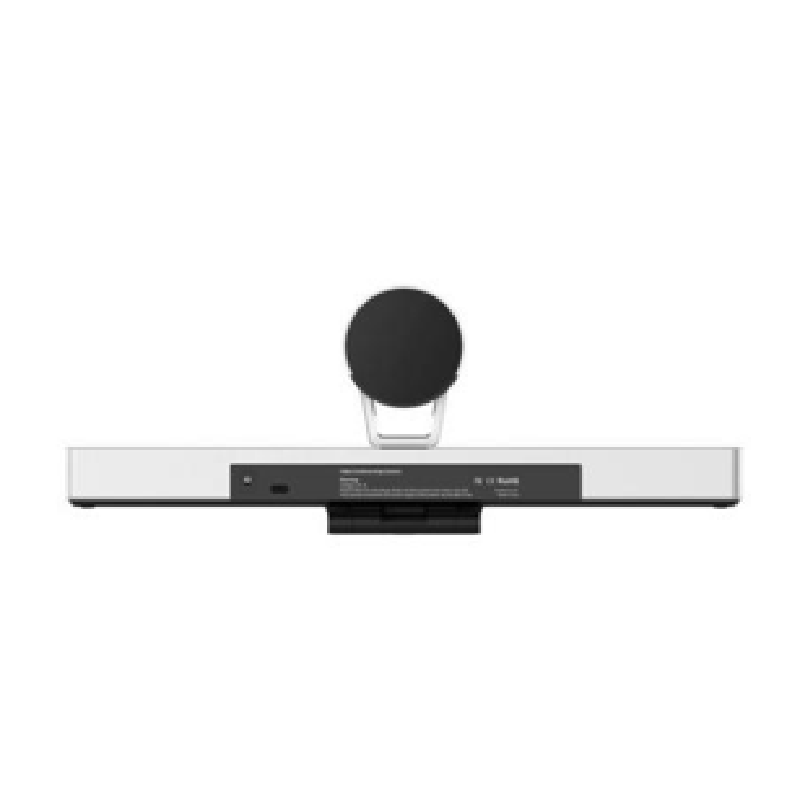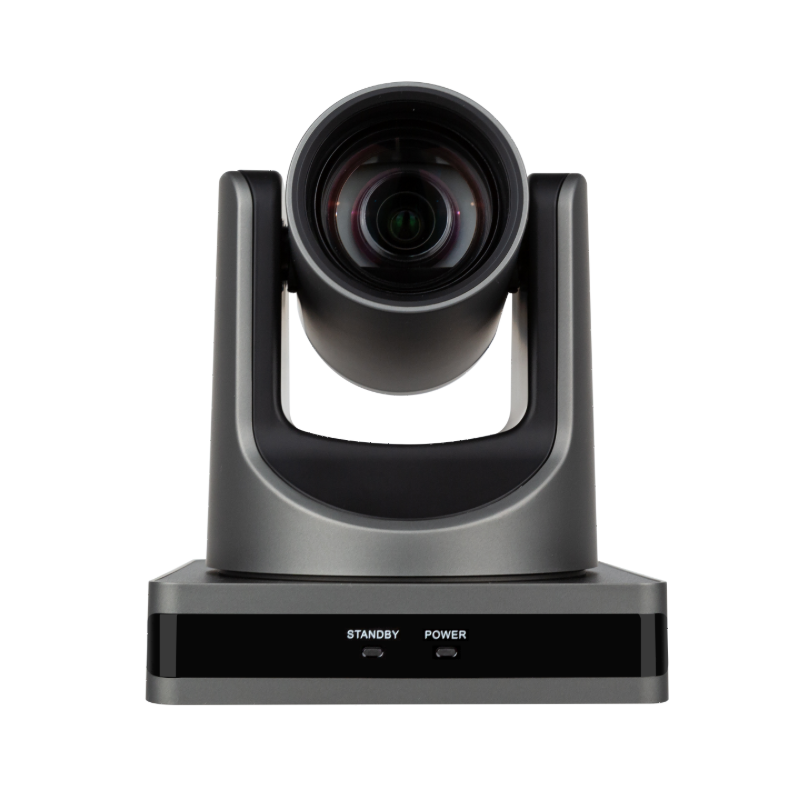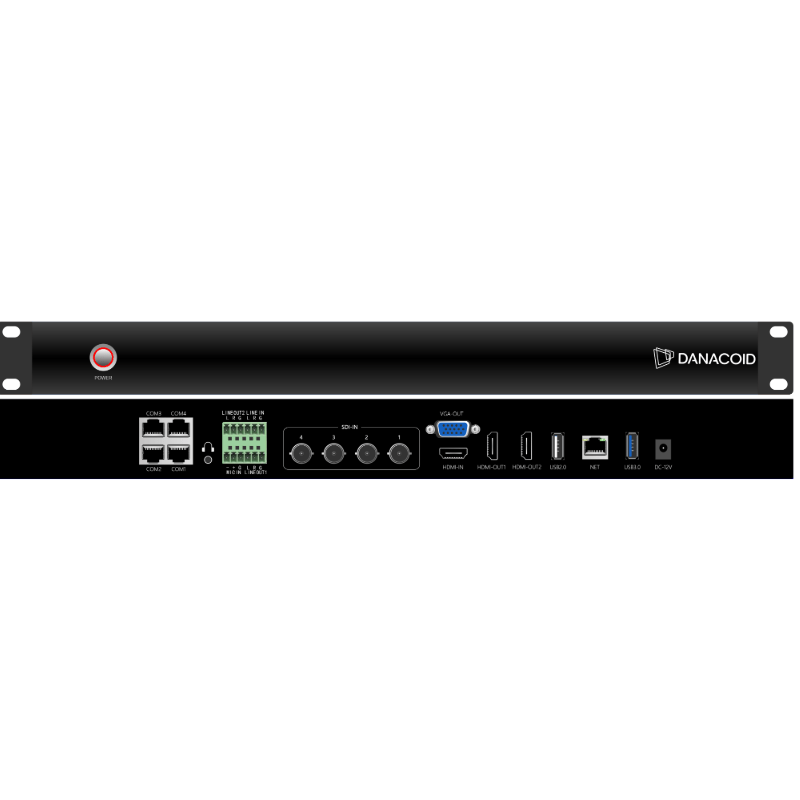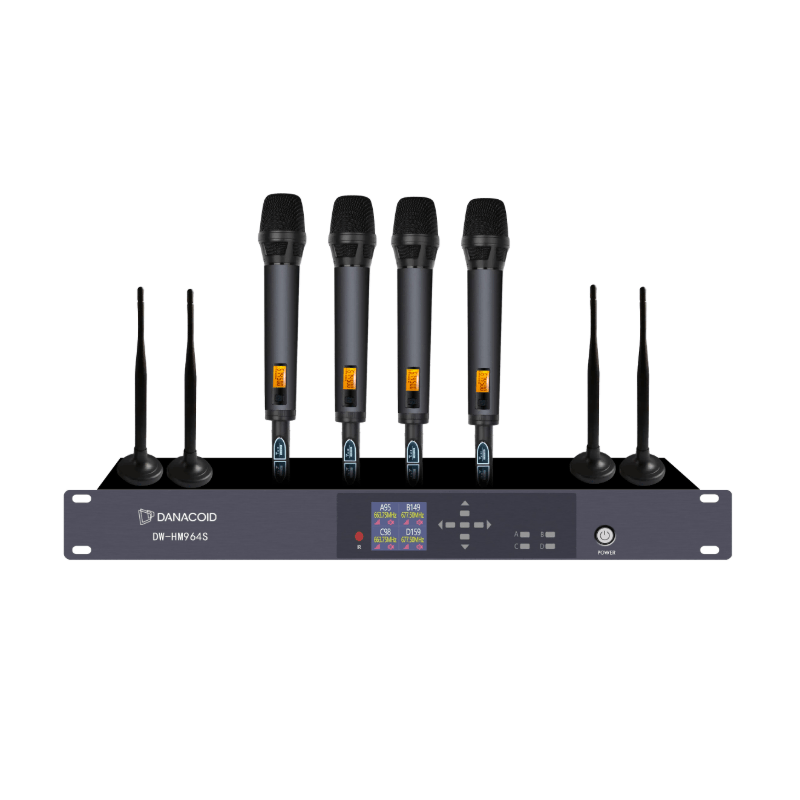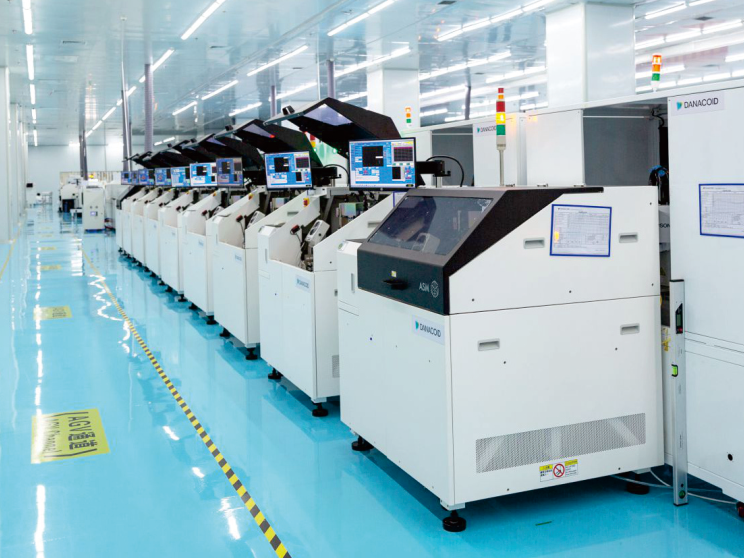processamento de sinal dsp
O processamento de sinal DSP representa uma abordagem revolucionária para manipular e analisar sinais digitais por meio de operações matemáticas. Esta tecnologia transforma sinais analógicos em formato digital, processa-os utilizando algoritmos especializados e converte-os novamente para forma analógica quando necessário. Em sua essência, o DSP realiza funções essenciais como filtragem, convolução, correlação e análise espectral. A tecnologia emprega técnicas sofisticadas de amostragem, conversão analógica-digital e cálculos matemáticos complexos para alcançar manipulação precisa de sinais. Sistemas modernos de DSP utilizam microprocessadores potentes especificamente projetados para tarefas de processamento de sinal, permitindo capacidades de processamento em tempo real. As aplicações do DSP abrangem diversas indústrias, desde telecomunicações e processamento de áudio até imagens médicas e sistemas de radar. Nas telecomunicações, permite transmissão clara de voz e comunicação eficiente de dados. Em aplicações de áudio, o DSP facilita a redução de ruído, aprimoramento sonoro e análise acústica. A imagem médica depende do DSP para processar dados de ultrassom, ressonância magnética e tomografia computadorizada. Aplicações industriais incluem análise de vibração, controle de qualidade e monitoramento de sistemas. A versatilidade e precisão dessa tecnologia tornam-na indispensável em sistemas eletrônicos modernos, continuando a evoluir com o avanço das capacidades computacionais.


